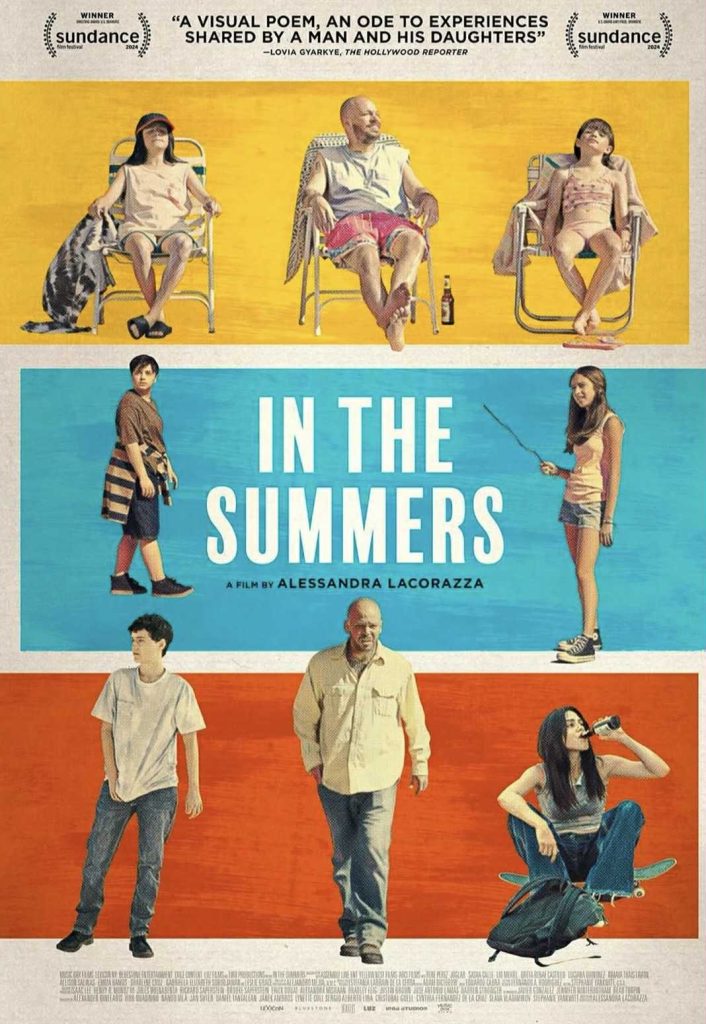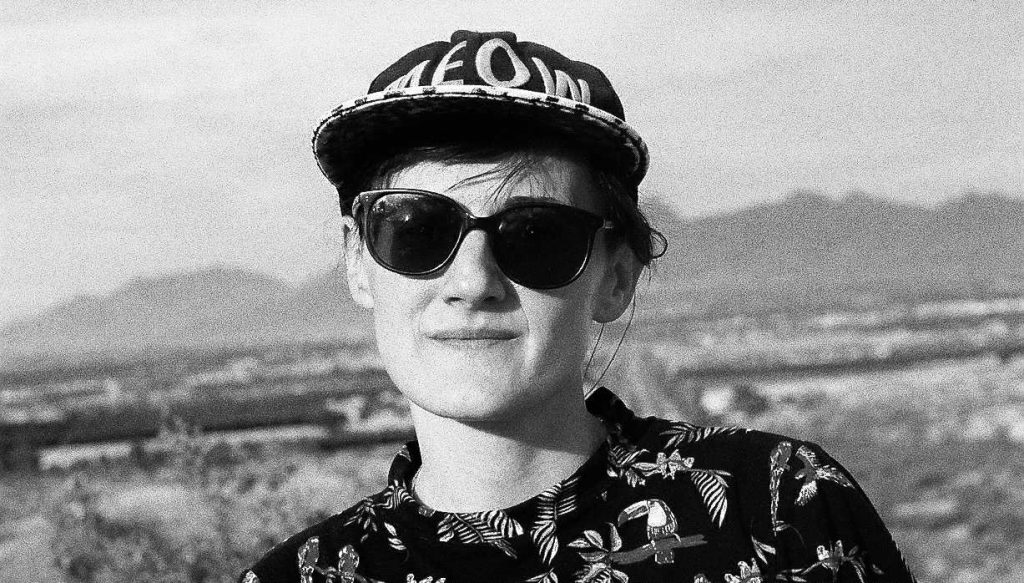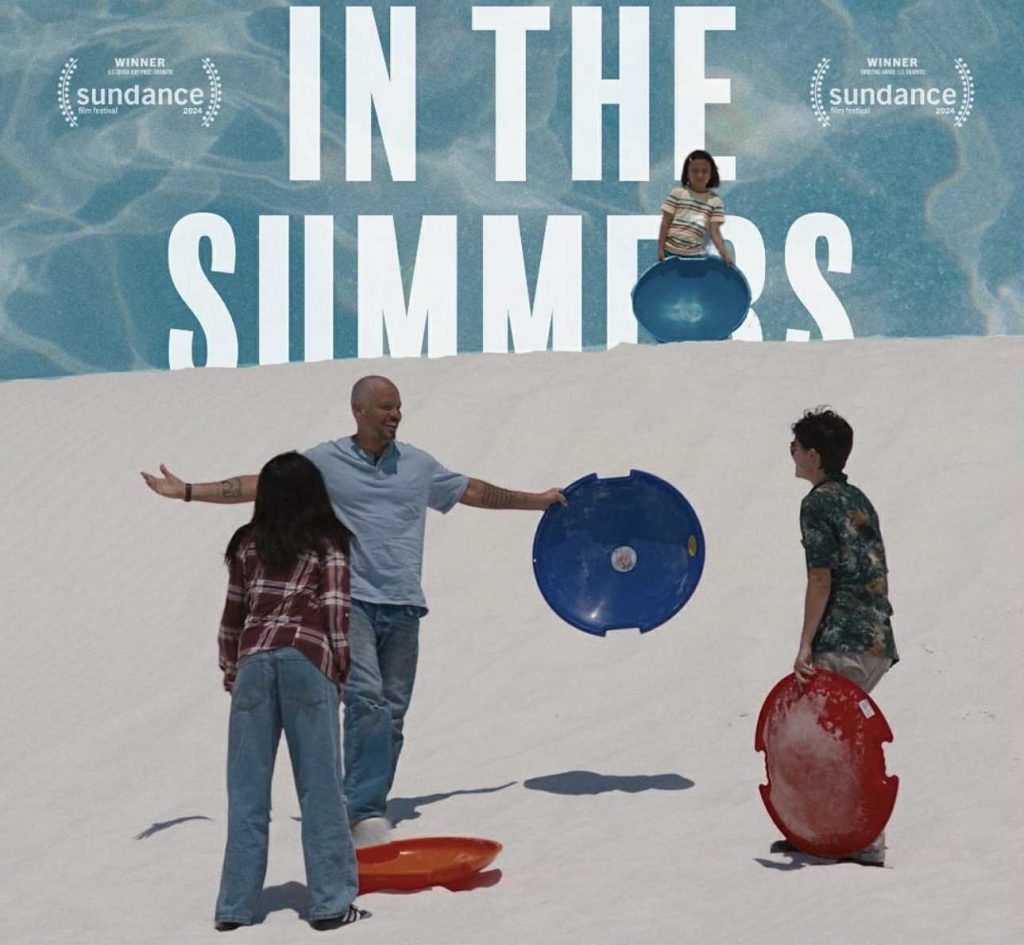
-Who is Alessandra Lacorazza?
I’m a Queer Colombian filmmaker based in Brooklyn NY. I started work as an editor originally. In the Summers was my first feature.
-Can you share your experience at the Sundance Film Festival?
I had a wonderful time at the Sundance Film Festival. It was my first time attending. Chaotic but beautiful. I caught the dreaded Sundance Flu and was very sick for most of it but still able to attend all my screenings (with the help of meds and a mask) which was a highlight.
And then of course winning was a surreal experience. Still feels that way now.
-Tell us about your project “IN THE SUMMERS”.
In the Summers is a semi-autobiographical depiction of family. Centering on two sisters who visit their loving but broken father. I wanted to look at complicated family dynamics and in particular a father who despite his shortcomings continues to try and show up for his kids.

-Do you remember the exact moment you fell in love with cinema?
I grew up watching a lot of TV and movies. I struggled in childhood and it was my escape. But I think I fell in love with Cinema some time in High School when I would stay up late with my friend Robert talking about David Lynch or John Waters. They were probably my entry into other auteurs.
-Which Director inspires you the most?
I think I answer this question differently every time someone asks. There are so many directors whose work I truly admire. The last film I watched that blew me away and has continued to stay with me was Perfect Days by Wim Wenders. I would also say Paris, Texas and Wings of Desire have made lasting impressions on me.
-What do you dislike about the world and what would you change?
I rewrote this section many times because I don’t know where to start. While I try to remain optimistic I’m disheartened and devastated on how much hate is weaponized. Perhaps that’s always been the case but it has felt particularly visceral the last few years. I also wish billionaires and corporations had less control over American politics, it’s hurting the working and middle class.

-How do you imagine cinema in 100 years?
I hope in whatever form people continue to tell visual stories that grapple with humanity. I would imagine more content will be made by AI and for easy consumption but I hope that a segment will continue to be on a quest to try to understand ourselves.
-What is your impression of WILD FILMMAKER?
I’m new to Wild Filmmaker but intrigued by what you are trying to do. I also love the name.

